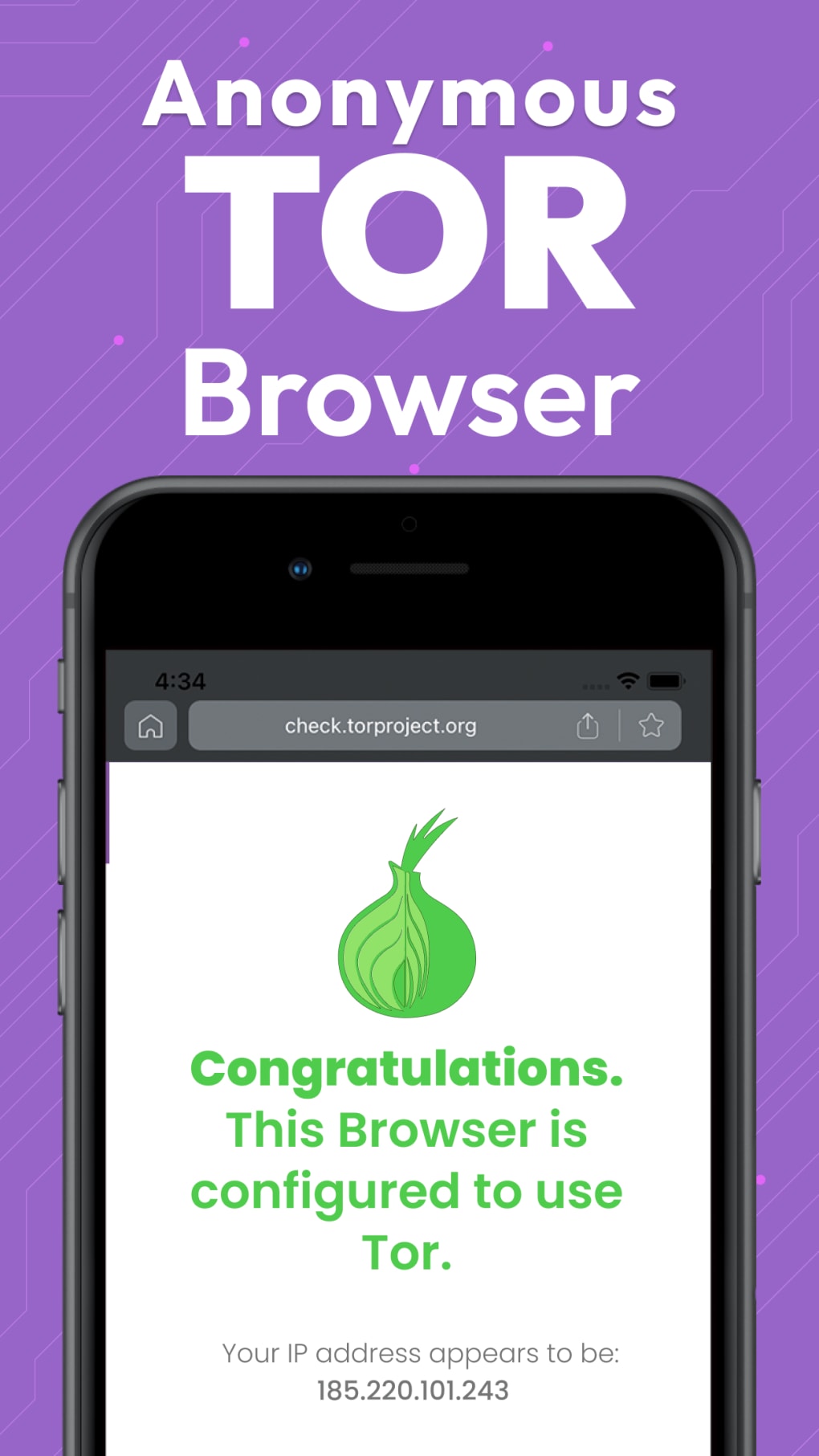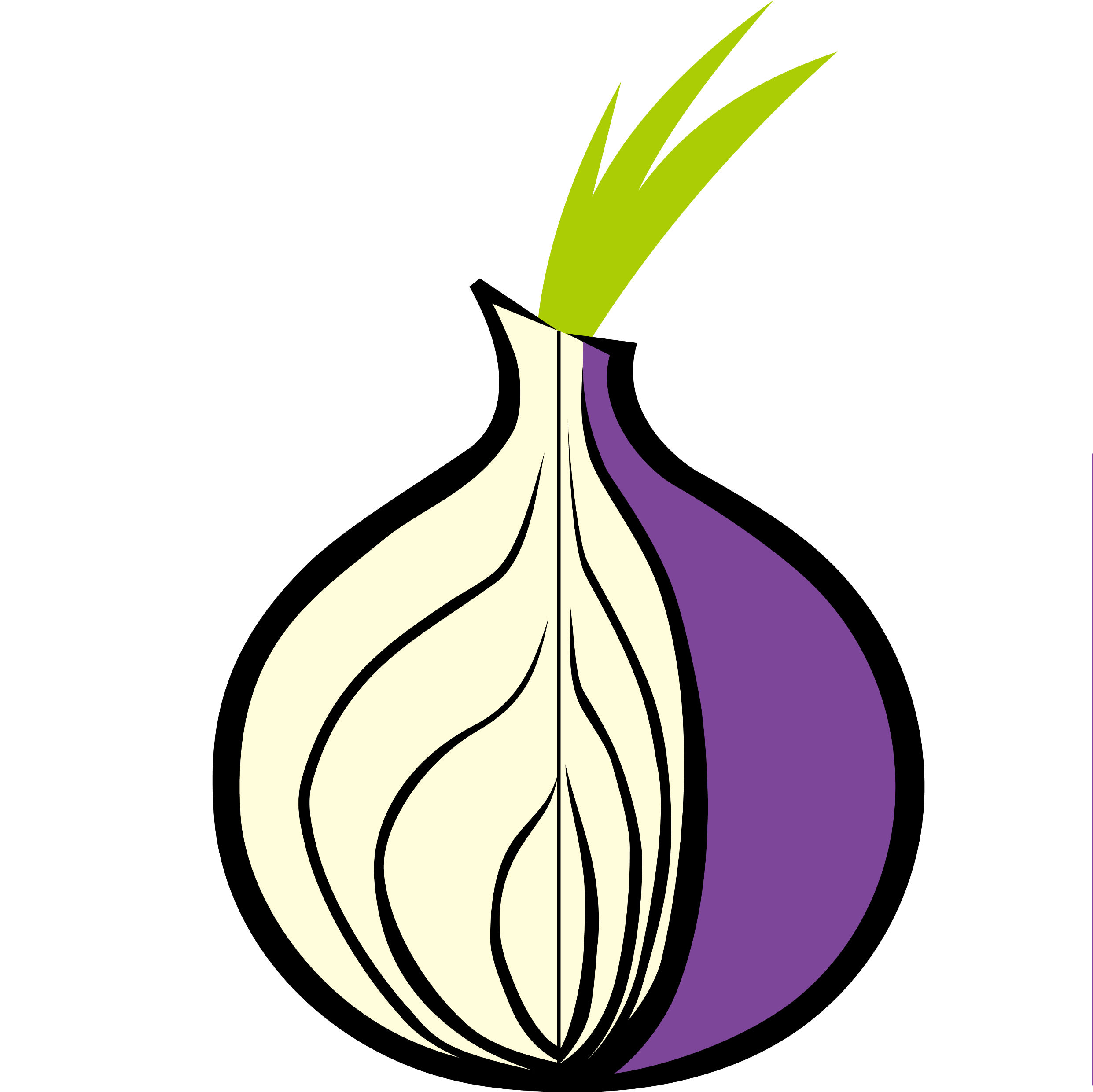For those uninitiated with the concept of the deep web and dark web, there's a tool that has been around for quite some time now called the Tor Onion Router, or simply Tor. But what exactly is Tor, and why should you care?
Editor's Note: The topic of "Uncover The Hidden Truths Of The Tor Onion Router" has just released today as a way to help provide insightful information to our readers. We believe that digital privacy is an important right that should be accessible and understandable to everyone. In alignment with this belief system, we have dedicated significant effort into analyzing Tor and its impact on digital privacy, allowing us to put together this comprehensive guide that will help our target audience make informed decisions about their privacy.
After careful analysis and countless hours of research and organization, we have broken down the "Uncover The Hidden Truths Of The Tor Onion Router" topic into an accessible, straightforward, and informative manner. Our goal is not only to help our readers learn more about their privacy, but also provide them with the necessary knowledge and confidence in using Tor.
Key Differences:
| Feature | Tor | Traditional Browsers |
|---|---|---|
| Anonymity | High | Low |
| Privacy | Enhanced | Limited |
| Security | Strong | Vulnerable |
| Speed | Slow | Fast |
| Accessibility | Limited | Widespread |
Transition to main article topics: Coming soon! Stay tuned for more in-depth coverage on the Tor Onion Router.
FAQ
The Tor Onion Router is a complex and often misunderstood technology. Below are answers to some of the most common questions about Tor.

TOR Browser: Onion TOR VPN for iPhone - Download - Source tor-browser-onion-tor-vpn.en.softonic.com
Question 1: Is Tor illegal to use?
No, Tor is not illegal to use in most parts of the world. However, some countries have laws that restrict the use of Tor or other anonymity tools.
Question 2: Is Tor safe to use?
Tor is generally safe to use, but it is important to be aware of the risks involved. Tor can be used to access illegal content or to engage in illegal activities. It is important to use Tor responsibly and to be aware of the potential risks.
Question 3: Can I use Tor to bypass censorship?
Yes, Tor can be used to bypass censorship in countries where internet access is restricted. However, it is important to note that Tor is not 100% effective and may not be able to bypass all censorship measures.
Question 4: Can I use Tor to anonymize my browsing activity?
Yes, Tor can be used to anonymize your browsing activity. However, it is important to note that Tor is not 100% anonymous and may not be able to protect your privacy in all cases.
Question 5: Is Tor slow?
Yes, Tor can be slow. The Tor network is designed to be secure and anonymous, which can slow down your browsing speed. However, there are steps you can take to speed up Tor, such as using a faster internet connection or using a different Tor browser.
Question 6: What are the alternatives to Tor?
There are several alternatives to Tor, such as I2P, Freenet, and Whonix. Each of these alternatives has its own advantages and disadvantages. It is important to research the different options and choose the one that is best for your needs.
Summary: Tor is a powerful tool that can improve your privacy and anonymity online. However, it is important to use Tor wisely and to be aware of the risks involved.
Next Article: Uncover The Hidden Truths Of The Tor Onion Router
Tips
When using Tor, there are several essential tips to remember for a secure and private browsing experience.
Tip 1: Use up-to-date Tor software
Ensure that Tor software is always updated to the latest version. Updates often include security patches and bug fixes that protect against vulnerabilities.
Tip 2: Be cautious of phishing scams
Phishing scams are common on the Tor network. Be wary of emails or websites that request personal information or attempt to trick users into downloading malware.
Tip 3: Use strong passwords
Strong passwords are essential for protecting accounts on the Tor network. Use unique and complex passwords for each service accessed through Tor.
Tip 4: Enable NoScript or uBlock Origin
Using browser extensions like NoScript or uBlock Origin can block malicious scripts and prevent websites from tracking activity.
Tip 5: Use HTTPS whenever possible
When visiting websites, always check for HTTPS in the URL bar. HTTPS encrypts data transferred between the browser and the website, providing an additional layer of security.
Remember these tips to enhance privacy and security when using the Tor network.
Uncover The Hidden Truths Of The Tor Onion Router
The Tor Onion Router, an enigmatic software, is empowering countless individuals to navigate the opaque depths of the internet. This essay aims to unravel its intrinsic nature by exploring six pivotal aspects crucial to comprehending its enigmatic essence.
- Anonymity: Concealing identities, enabling unfettered communication.
- Encryption: Shielding data, ensuring privacy and security.
- Onion Layers: Routing traffic through multiple nodes, enhancing anonymity.
- Hidden Services: Facilitating access to websites concealed from the surface web.
- Tor Browser: A specialized browser engineered for anonymous web surfing.
These aspects converge, shaping the Tor Onion Router into an invaluable tool for those seeking to preserve online privacy. It empowers journalists to safeguard sources, activists to organize securely, and individuals to access censored information. Understanding these aspects is paramount to harnessing the transformative potential of Tor.

TOR - Sökmotorn - Source xn--skmotorn-n4a.se
Uncover The Hidden Truths Of The Tor Onion Router
The Tor Onion Router is a powerful tool that can protect your privacy and anonymity online. By routing your traffic through a series of encrypted nodes, Tor makes it difficult for anyone to track your activity or identify your location. However, there are also some hidden dangers associated with using Tor. In this article, we will uncover the hidden truths of the Tor Onion Router and explore the potential risks and benefits of using it.

Unveiling the Dark Web: Ethical Dilemmas, Cybersecurity Insights, and - Source www.techuniversezone.com
One of the biggest dangers of using Tor is that it can be used to access illegal content. The Tor network is home to a wide variety of hidden websites, many of which contain illegal content such as child pornography, weapons, and drugs. While Tor is not responsible for the content of these websites, it can be used to access them, and this can lead to legal trouble.
Another danger of using Tor is that it can be used to spread malware. Malicious websites can be hosted on the Tor network, and if you visit one of these websites, you could end up downloading malware onto your computer. This malware can steal your personal information, damage your computer, or even spy on you.
Despite these dangers, Tor can also be a valuable tool for protecting your privacy and anonymity online. If you are concerned about your privacy, Tor can be a good way to protect your identity and keep your online activity private. However, it is important to be aware of the potential dangers of using Tor and to take steps to protect yourself from these dangers.
Conclusion
The Tor Onion Router is a complex and powerful tool that can be used to protect your privacy and anonymity online. However, it is important to be aware of the potential dangers of using Tor and to take steps to protect yourself from these dangers.
If you are considering using Tor, it is important to do your research and to understand the risks and benefits involved. By understanding these risks and benefits, you can make an informed decision about whether or not Tor is right for you.
